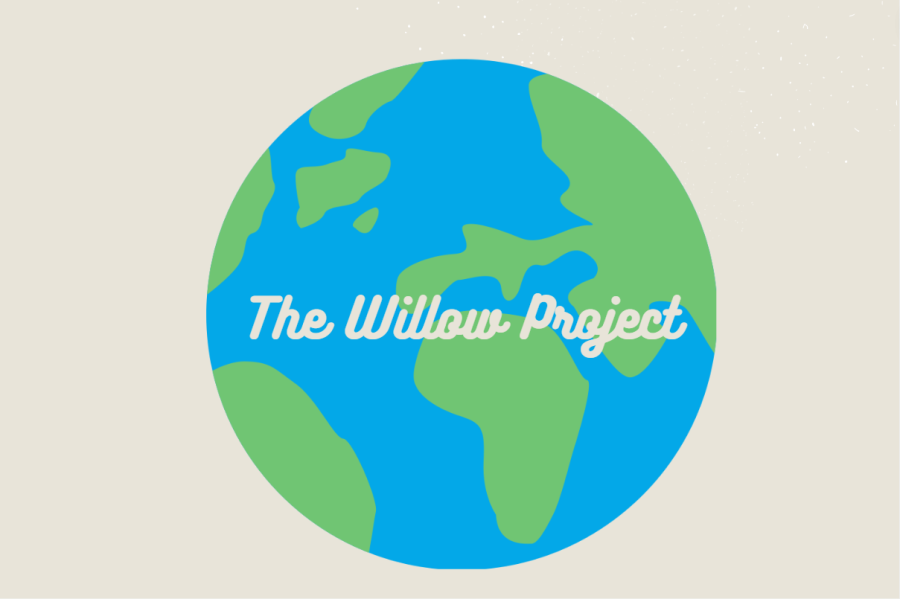The Willow Project Explained
June 5, 2023
On March 13, President Biden and his administration approved a milder version of the Willow Project- an ongoing controversy.
The Willow Project is a massive drilling project that would allow the energy firm ConocoPhillips to access the National Petroleum Reserve, located on the northern slopes of Alaska. There are five proposed sites spanning over a 23-million-acre area, which would amount to around 199 total wells. The $8 billion plan could result in “ten million tons of carbon dioxide a year”, according to Politico, and would be the “equivalent to adding two new coal-fired power plants to the U.S. electricity system every year.” On one side, there are numerous protesters fervently asserting the risks, but on the other side, the Biden administration has moved forwards with the project to obtain around seventy-five million barrels of oil resting beneath the snowy surface.
The decisions would lower gas prices, which have been rising since early 2020, helping the thousands of American citizens disgruntled by the high gas prices.
Activists argue that the project goes against Biden’s campaign promises, calling the Willow Project a “carbon bomb” that would devastate the progress done towards combating climate change as well as transitions to clean energy transportation.
Abigail Dillian, president of Earthjustice claims that the “massive oil projects and gas projects [would] directly undermine the new clean economy that the Biden Administration committed to advancing.” The aforementioned “clean economy” is Biden’s pledge to end the “existential threat” climate change poses to national security. Biden also claimed that “our environment and our economy are completely and totally connected” which many claim directly contrasts his actions with the Willow Project.
On the contrary, the Alaskan public mostly supports the decision. Many Northern Alaskans have called the project “balanced” and believe that local communities would benefit from the taxes and investments, finally allowing them to fund programs for better infrastructure and public services. Although the support is not universal, Mayor Rosemary Athuangaruak of the City of Nuiqsut, which is located closer to the drill sites, is worried about her community’s lifestyle and the consequence it would have on their wildlife, primarily how it would endanger native caribou, grizzly bears, polar bears, and many species of migratory birds.



